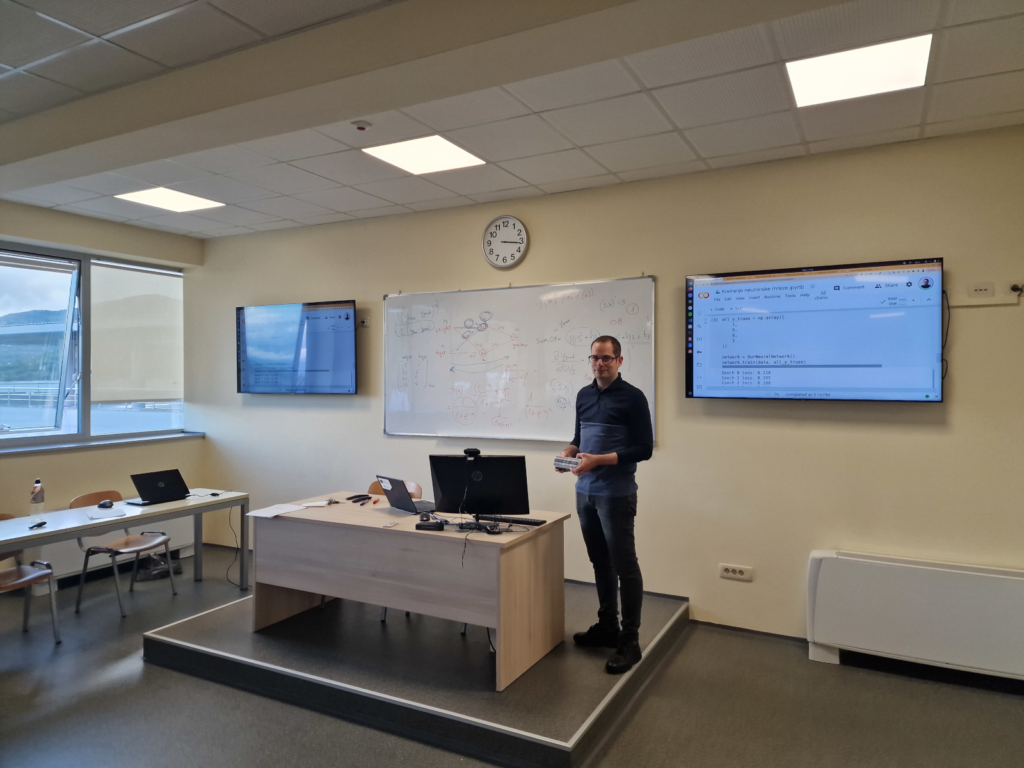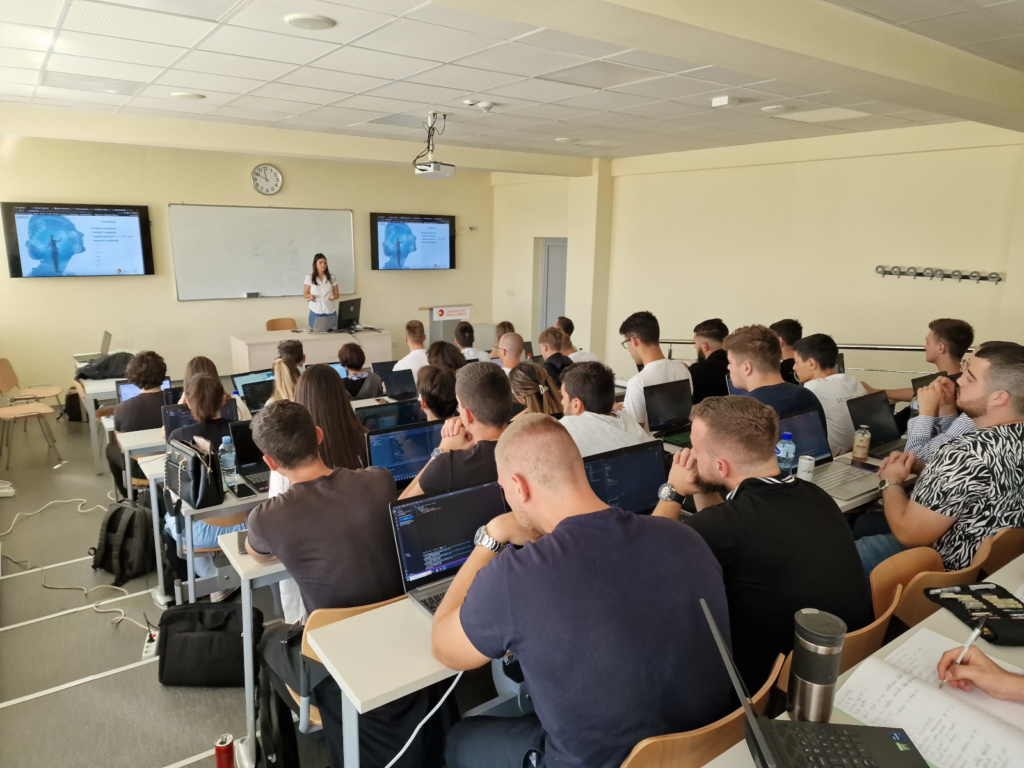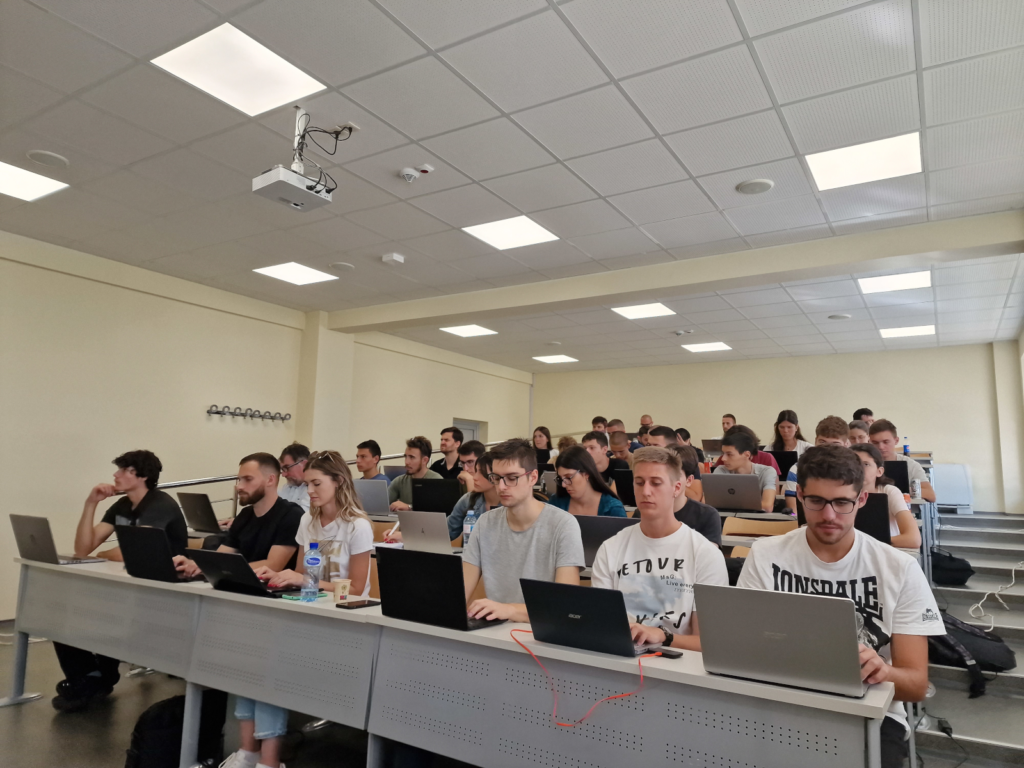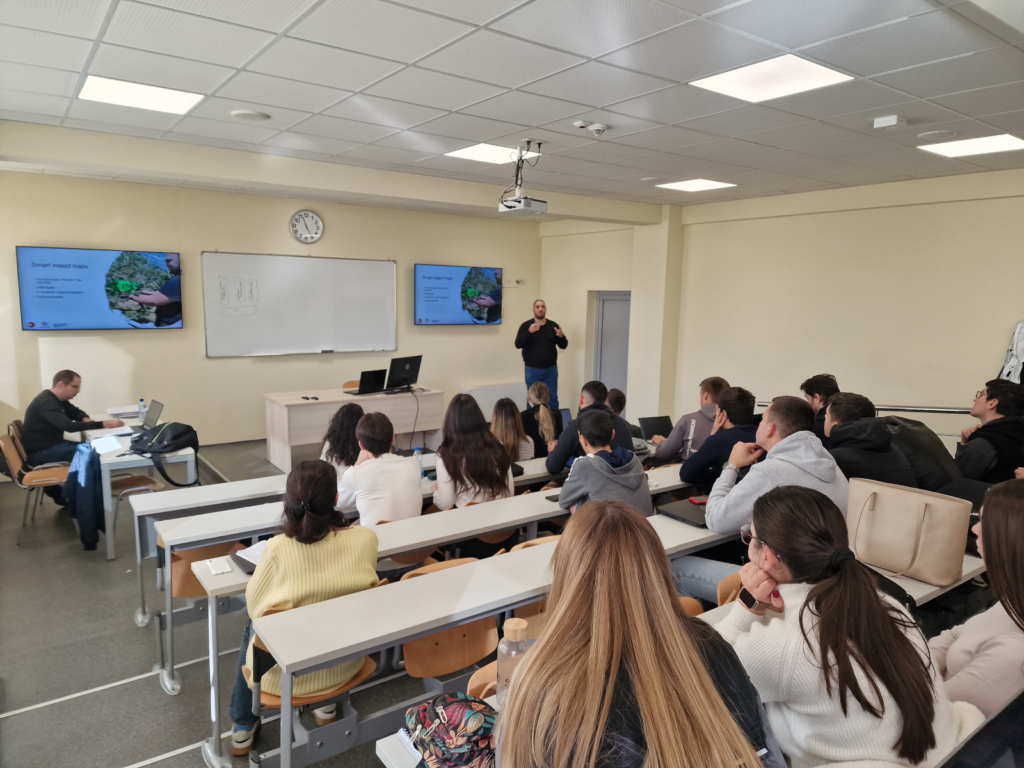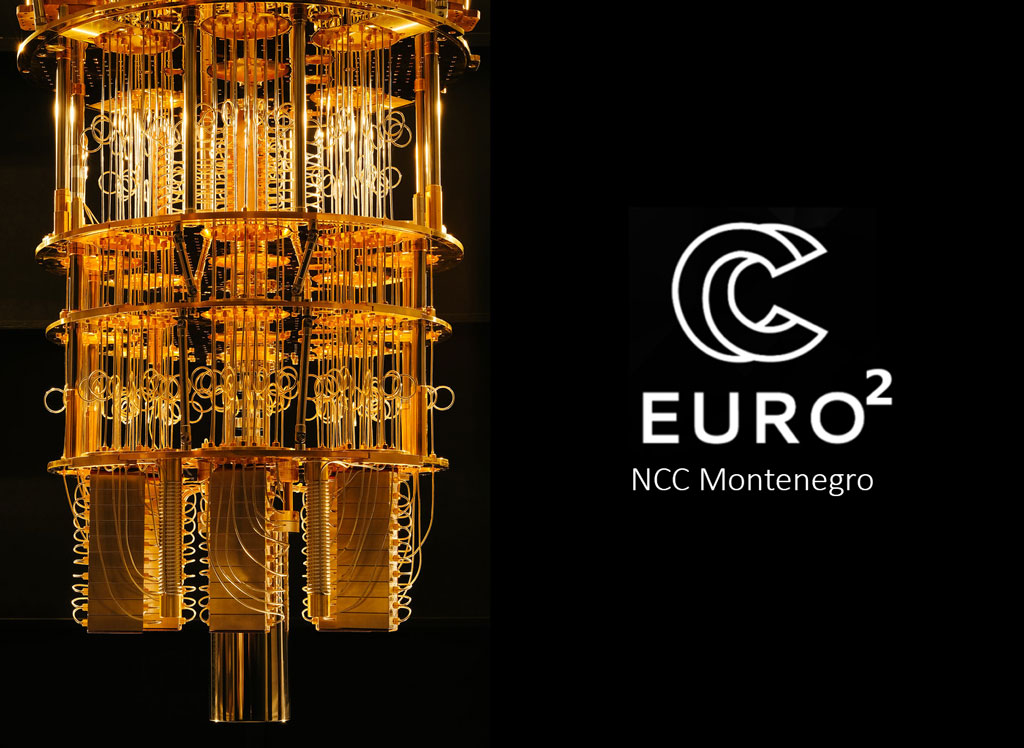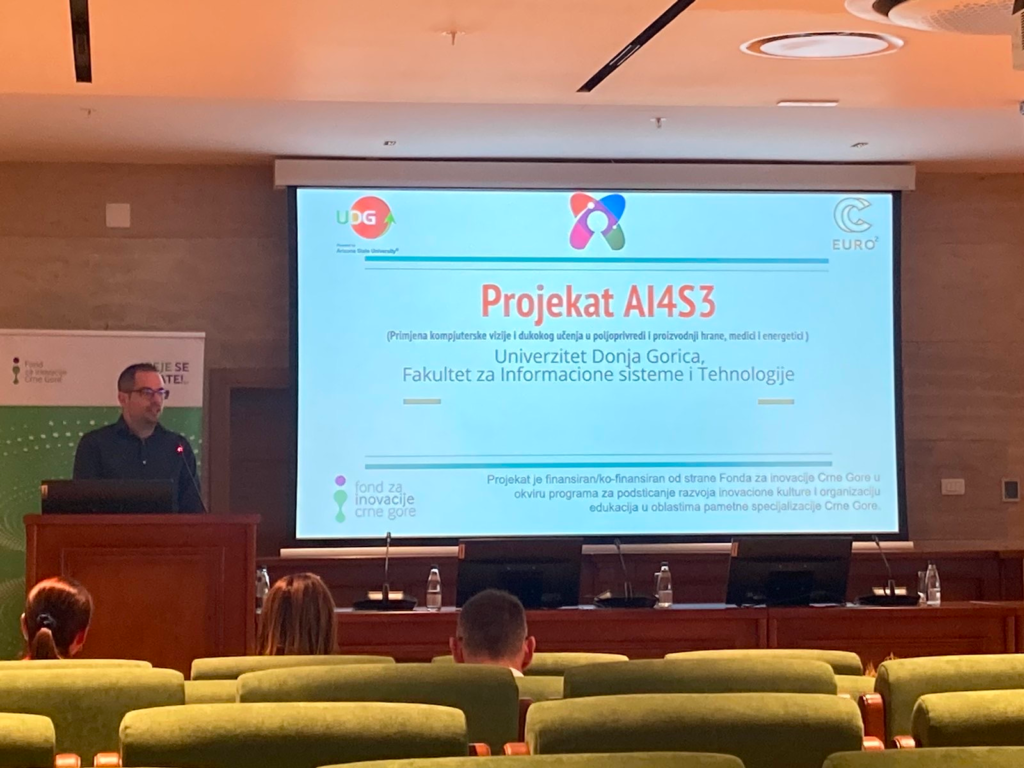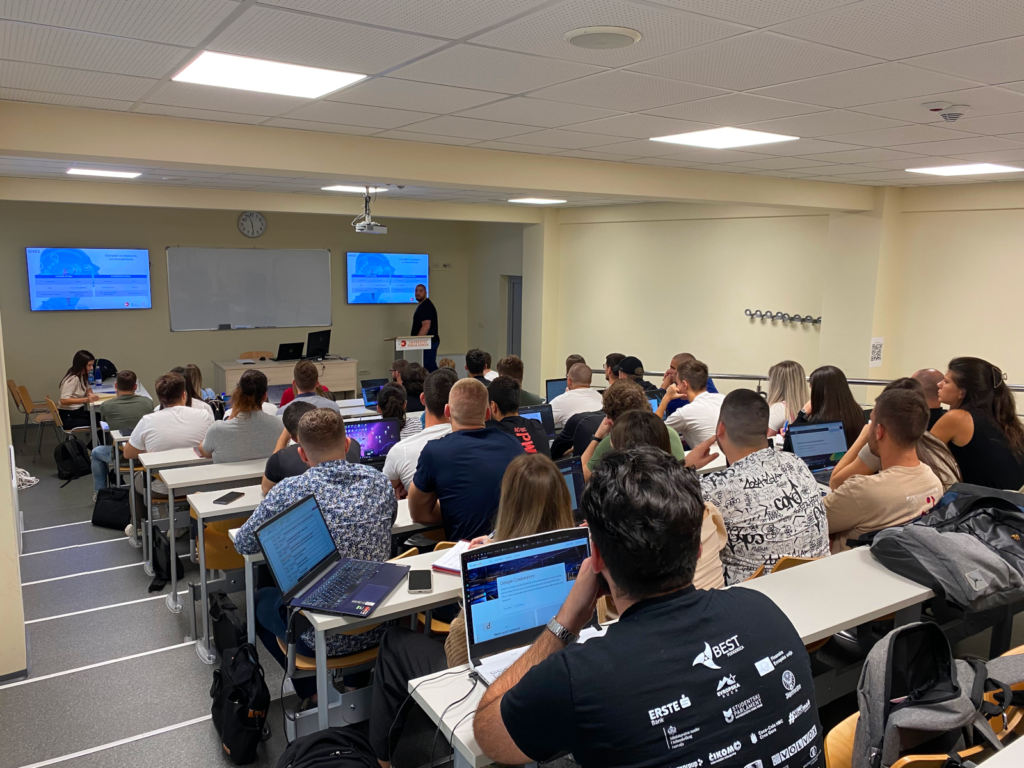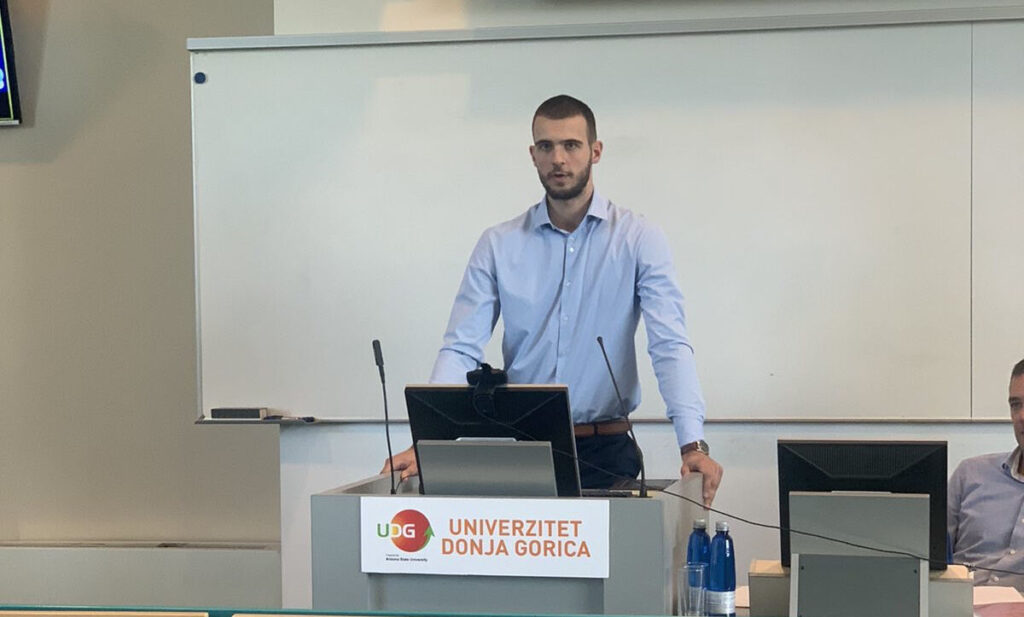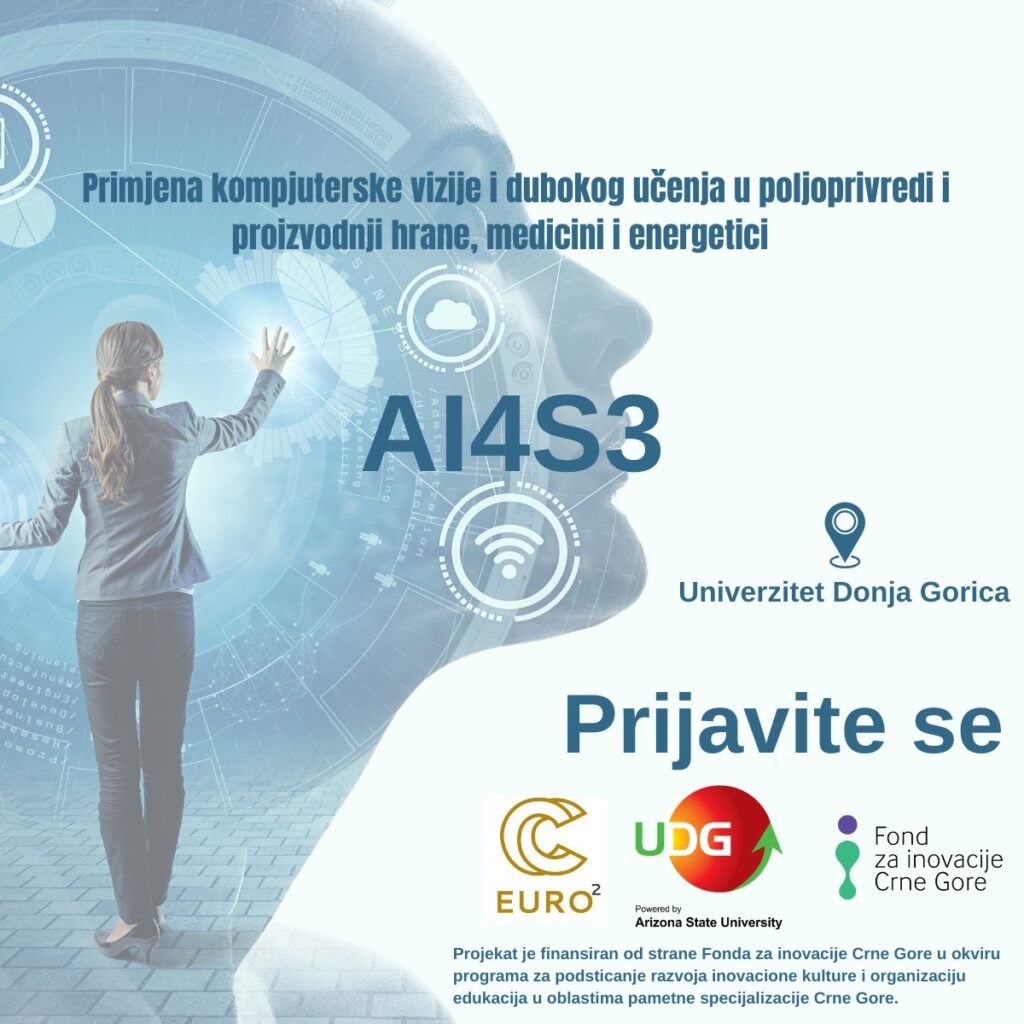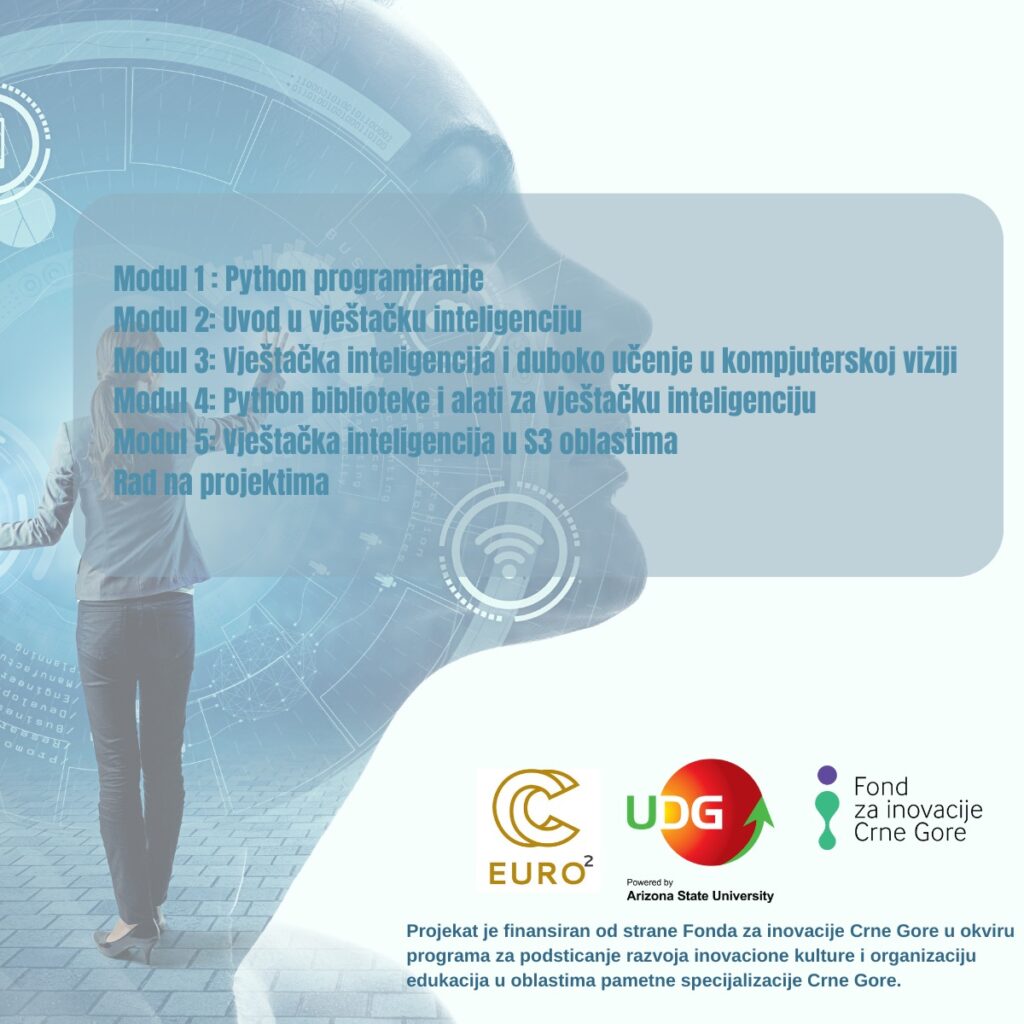In the previous period, as part of the AI4S3 project, which is supported by Innovation fund of Montenegro, numerous lectures on the application of artificial intelligence in S3 areas were organized at the UDG:
- Python programming: Our participants went through a thorough training in Python, starting with the basics of the programming language, all the way to advanced topics. Through homework, our participants demonstrated a high understanding and application of Python in various scenarios. This was the first step towards strengthening their programming expertise.
- Introduction to Artificial Intelligence (AI): this module was a journey through the world of artificial intelligence. We started with the historical development of the technology, exploring how machine learning and deep learning algorithms have evolved over time. In the pyTorch and TensorFlow suite, we developed some basic deep learning models. We focused especially on neural networks, explaining their mathematical and technical foundations. Participants gained a thorough understanding of the technologies that shape our world.
- AI in S3 priority areas: this segment was extremely important because the basic idea of this training is precisely the application of new technologies. Innovative projects developed by our lecturers, specifically focused on the application of AI in S3 areas, were presented. This gave participants an insight into the practical application of AI in the real world. Also, we dealt with ethical issues and challenges in the development of AI models, encouraging participants to think critically about the impact of technology on society.
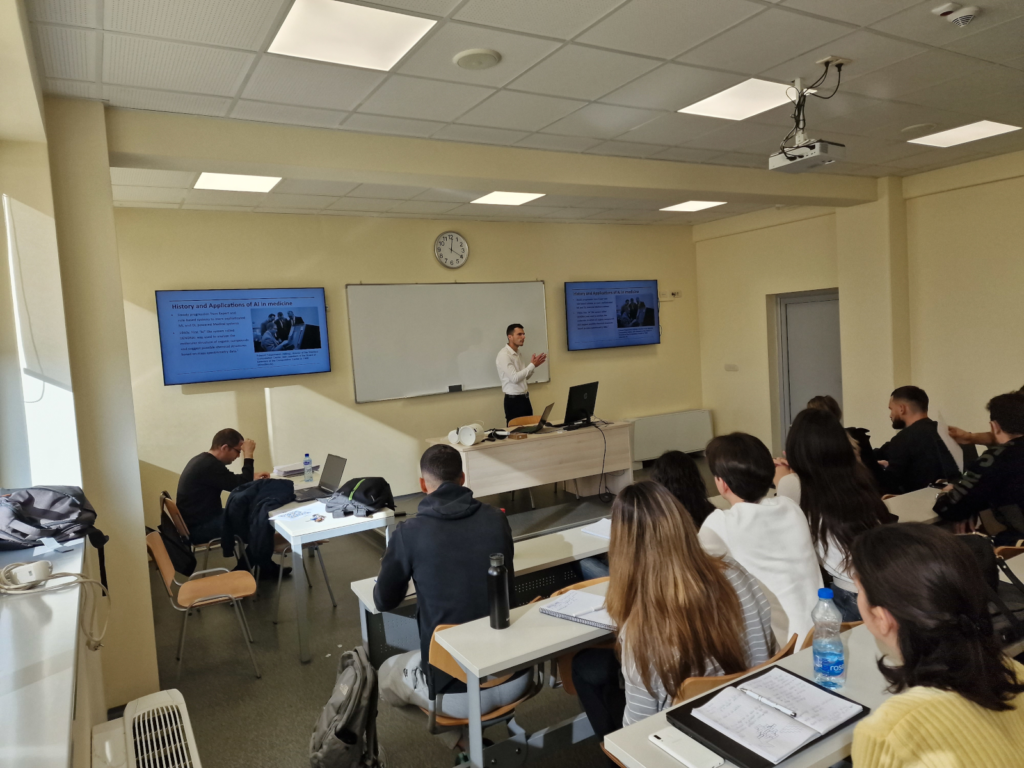
With over 50 participants from various academic and industrial circles, our training has become a meeting place for different perspectives and innovations. By the end of this training, two more modules are planned, namely The Role of Artificial Intelligence in Computer Vision and Tools and Libraries for AI Model Development. At the very end, training participants will present their projects, which they will develop in teams in cooperation with mentors. This training is a continuation of previous NCC Montenegro and Open Mind Academy efforts.
